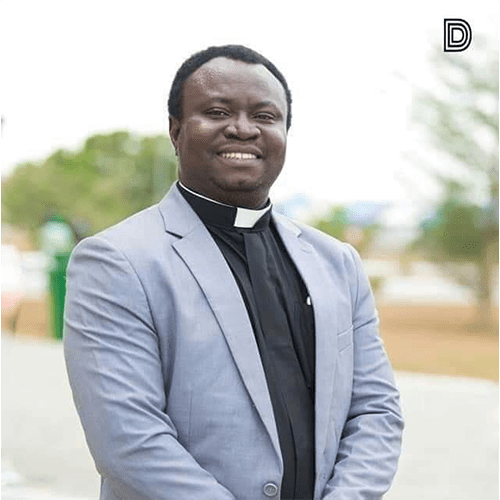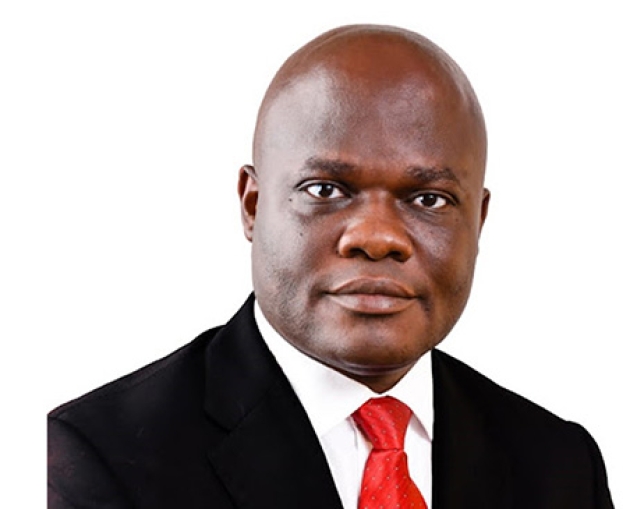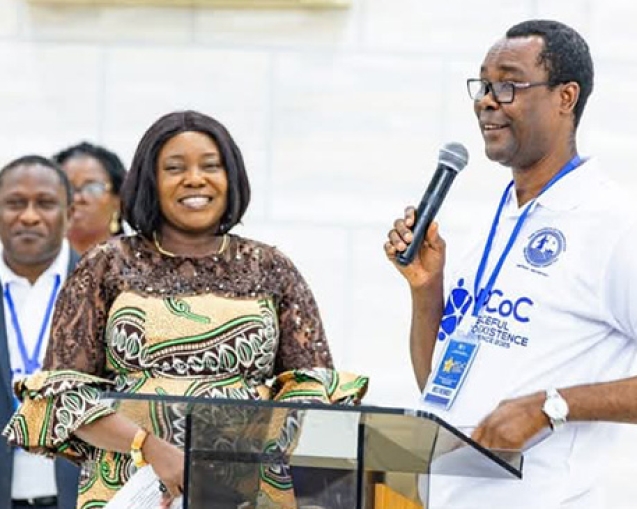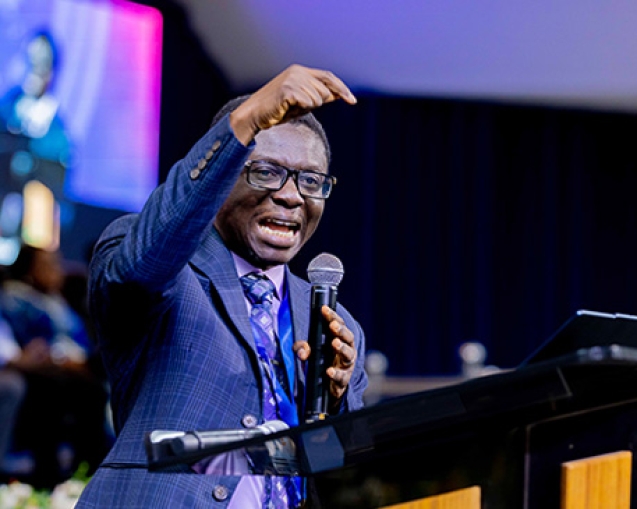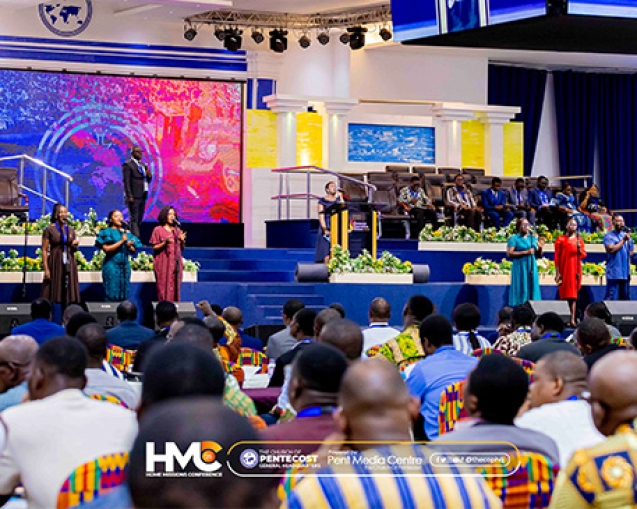1. God allows disasters to happen because He has given us freewill to choose and experience the consequences.
2. Disaster is always not God’s punishment against the sins of people. When a disaster is God’s punishment against a particular sin, He says so. Examples are Noah’s Flood; Sodom and Gomorrah and Hell Fire coming against people’s rejection of Christ as punishment for their sins.
3. God causes NATURAL EVENTS which are different from natural disasters. Natural Events are a result of the interaction of the forces of nature. Natural events are not a result of the sins of humanity, because they do happen on other planets. It is important to remember that, although natural events occur, the extent to which they occur on Earth seems to be within boundaries, so that life is possible.
4. Other planets, such as Venus, possess hundreds of volcanoes, and volcanic plains cover 80-85% of its surface. Neptune and Jupiter have storms that make ours look tiny by comparison and call for a redefinition of the term ‘extreme weather.’ On Earth, the most powerful hurricane, a Category 5, may reach 249kph, whereas on the gaseous planet of Jupiter they may be as strong as 400kph. Jupiter is most well-known for its Great Red Spot – an anticyclone 20,000 kilometers long and 12,000 wide, larger than two Earths put together, with an average temperature of -163Oc. This storm is so large that it consumes smaller storms and has been around for at least 400 years.
5. On Venus and Jupiter, and every other planet we know of, life, as we know it, is untenable.
6. Natural events have great benefits to God’s creation. For instance, after a volcanic eruption, the soil becomes rich due to the nutrients from the volcano. Precious stones and gems that were once deep within the earth are brought to the earth’s surface and will contribute greatly to the economy of the country. Some valuable emissions from volcanoes are pumice, opal, gold, mercury, and metals. It also releases good chemicals into the atmosphere – chemicals such as carbon dioxide and hydrogen that contribute to the water cycle.
7. Natural events only become disastrous when humans stay in their way such as when we build in waterways and in the way of earthquakes. Why will humans stay in the path of natural events when cattle even run to high grounds before tsunami and birds go quiet before a storm?
8. Natural events will continue to happen but we can reduce the probability of it becoming a natural disaster when we stay out of its predicted course and also avoid corruption and build strong systems and infrastructure.
9. The Richter scale measures the magnitude of an earthquake (how powerful it is). Earthquake is measured using a machine called a seismometer which produces a seismograph. A Richter scale is normally numbered 1-10, though there is no upper limit.
10. Comparing two earthquakes of similar severity, California in 1989 (m6.9) and Haiti in 2010 (m7.0), highlights how corruption and poverty influence the impact of earthquake on people. 57 people died in California, whereas 230,000 died in Haiti. It is therefore obvious that, although people are generally not responsible for the natural event itself, poverty, corruption and injustice caused by human greed and folly, undoubtedly add to the death toll.
11. All that said, Jesus clearly says in Luke 13:1-5 that natural disaster is not because people have sinned; it can happen to anyone who stands in the way of natural events. However, if a person does not turn to Christ and he/she dies (through or outside of natural disaster), they have perished (died without Christ as Saviour and Lord). Lord have mercy!
12. Even when natural disasters happen, God is present to help the situation through the hearts and hands of compassionate human beings around. So where is God in natural disasters? Through the hands and hearts of compassionate people.
–By Apostle Seth Kwame Fianko-Larbi (Kenya National Head of The Church of Pentecost)






